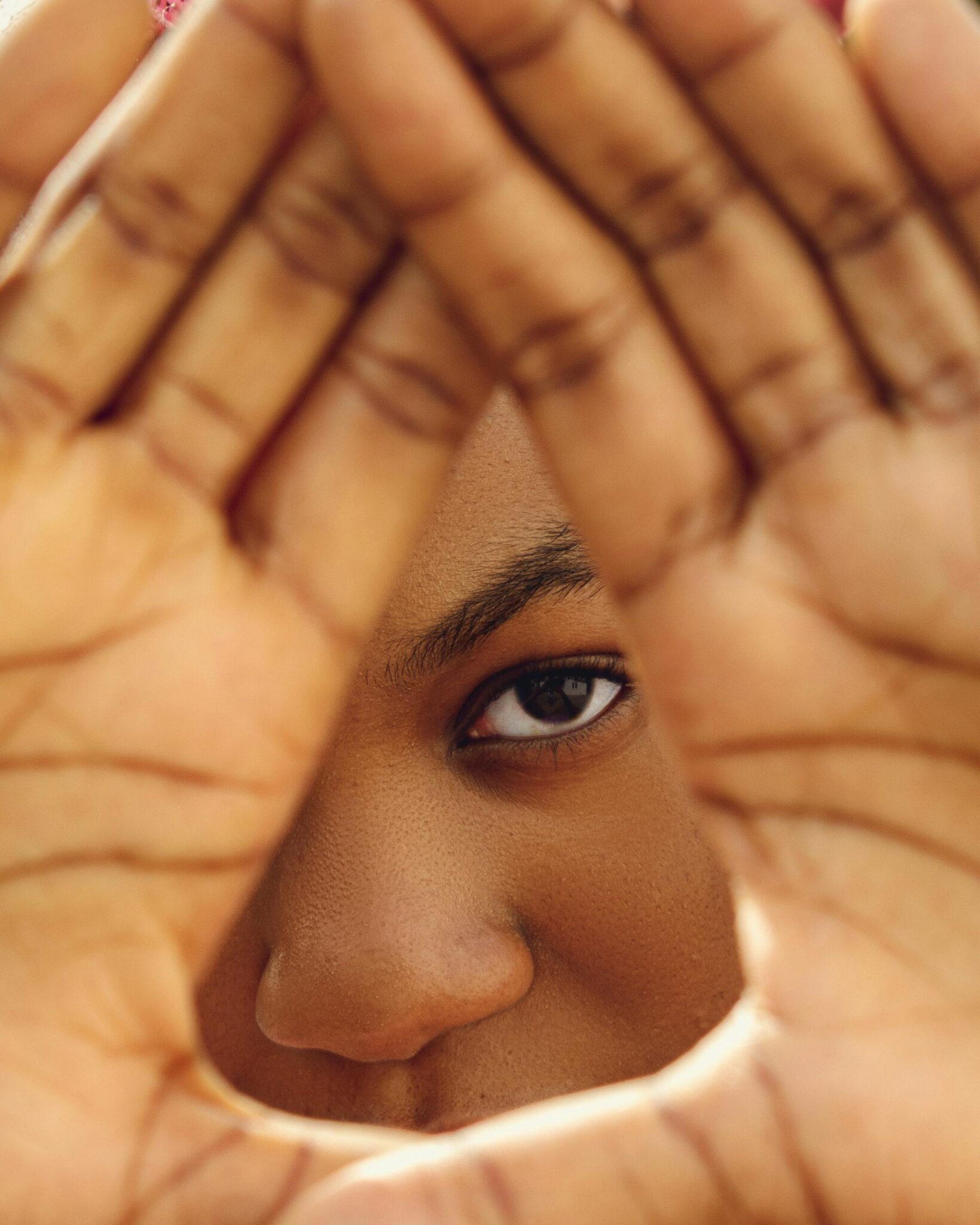EMDR Therapy
Your Brain is Protecting You... But It's Also Keeping You Stuck
Remember that moment when everything changed? Your brain certainly does. In fact, it’s been working overtime ever since, building walls, creating barriers, doing everything possible to make sure you never get hurt like that again.
But here's the thing nobody told you...
Those protective walls? They’re not just blocking out the bad stuff. They’re keeping all the good stuff out too. The joy. The deep connections. The ability to truly trust and love again.

What Makes EMDR Different?
- Your brain does the healing - we just guide the process
- No need to talk extensively about your trauma
- Scientifically proven to create lasting change
- Works on both major trauma and those smaller moments that still impact you daily
Imagine waking up one day and realizing:

The Hardest Part? It's Right Here. Let's Get Past It Together.
Stop Overthinking, Start Healing (In Less Than 60 Seconds)
(832) 800-4313
At Rosebuds Blossom Therapy, we've helped countless women move from surviving to truly thriving. But here's the thing – your brain won't "unfreeze" on its own. It needs your permission to begin healing.
Ready to finally break free?
EMDR FOR CHILDREN
Can EMDR Really Work for Kids?
Absolutely! Children's brains are actually more adaptable than adult brains, making them excellent candidates for EMDR therapy. Just like a young plant is easier to guide than an old tree, young minds often respond more quickly to EMDR treatment. We've seen remarkable results with children as young as 4 years old.
"But My Child Can't Sit Still for Therapy..."
That's exactly why EMDR is perfect for kids! Unlike traditional talk therapy, EMDR can be adapted into play-based activities.
We might use:
- Butterfly taps while telling stories
- Drawing while processing
- Movement-based bilateral stimulation
- Special light bars that feel like a game
How Does EMDR Help With School Issues?
EMDR can help children overcome:
- Test anxiety
- Social fears
- Bullying trauma
- Performance blocks
- Learning difficulties related to past experiences
- Sports performance anxiety
What About Teenagers?
Teens often love EMDR because:
- They don't have to talk extensively about their feelings
- Results typically come faster than traditional therapy
- They feel more in control of the process
- It helps with social anxiety and peer pressure
- It can improve academic performance
- It addresses social media-related anxiety
My Child Has Experienced Trauma - Is EMDR Safe?
Yes! EMDR is specifically designed to be gentle and safe.
We:
- Move at your child's pace
- Build safety and trust first
- Use age-appropriate techniques
- Include parents in the process
- Never force processing
- Create a comfortable, secure environment
How Long Does Treatment Take for Kids?
Children often respond more quickly than adults!
While every child is different:
- Some issues can resolve in 4-6 sessions
- Complex trauma might take longer
- Results are typically lasting
- We'll create a clear treatment plan for your child
Will My Child Have to Talk About Their Trauma?
No! That's one of the beautiful things about EMDR with kids.
They can:
- Process through play
- Use art or movement
- Work with metaphors
- Choose how much they want to share
- Heal without having to tell their story
How Do I Know If My Child Needs EMDR?
Consider EMDR if your child:
- Has experienced any kind of trauma
- Shows sudden behavior changes
- Has unexplained fears or anxieties
- Is struggling socially
- Has difficulty sleeping
- Shows regression in behaviors
- Has unexplained emotional outbursts
What Ages Do You Work With?
We successfully provide EMDR therapy for:
- School-age children
- Pre-teens
- Teenagers
Each age group receives age-appropriate modifications
How Are Parents Involved?
Parents are crucial partners in their child's healing!
You'll:
- Receive regular updates
- Learn supportive techniques
- Understand your child's progress
- Help reinforce positive changes
- Be part of the healing journey
What Makes Your Approach Different?
Our child-focused EMDR program:
- Uses play-based techniques
- Adapts to your child's needs
- Creates a safe, fun environment
- Involves parents appropriately
- Measures progress clearly
- Celebrates every win

(832) 800-4313
